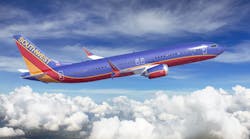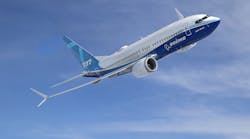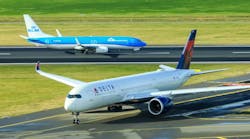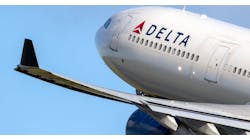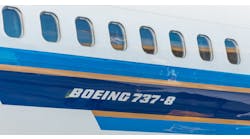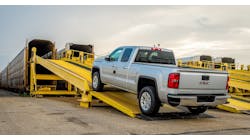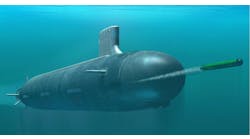The difficulties surrounding Boeing’s 737 MAX aircraft’s airworthiness have put a spotlight on the Federal Aviation Administration’s practices for certifying commercial aircraft. A specialty panel was commissioned by FAA in April to conduct a Joint Authorities Technical Review (JATR) of the agency’s oversight and approval of the 737 MAX flight-control software.
The aircraft was approved for commercial service in 2017. In the past year, two 737 MAX jets were involved in fatal crashes, leading to a global idling of the 385 aircraft still in service with carriers around the world.
The particular concern is the 737 MAX’s Maneuvering Characteristics Augmentation System (MCAS), or "anti-stall" software, which Boeing has determined is the cause of two fatal crashes.
The JATR is chaired by Christopher Hart, former National Transportation Safety Board chairman, and includes air-safety regulators from the U.S., Australia, Brazil, Canada, China, the European Union, Indonesia, Japan, Singapore, and the United Arab Emirates.
According to the JATR report, "MCAS was not evaluated as a complete and integrated function in the certification documents that were submitted to the FAA.
The report further noted that the FAA had too few staffers overseeing the Boeing 737 MAX certification. "The lack of a unified top-down development and evaluation of the system function and its safety analyses, combined with the extensive and fragmented documentation, made it difficult to assess whether compliance was fully demonstrated," the report continued.
Recently, investigators from the U.S. Office of Special Counsel assigned to review the FAA’s approval of the 737 MAX program (based on a whistleblower’s charge that the agency had not been thorough in its evaluation process) said FAA staff overseeing Boeing’s training standards were unqualified for that assignment.
Boeing has not commented on the JATR report, but reasserted its commitment “to working with the FAA in reviewing the recommendations and helping to continuously improve the process and approach used to validate and certify airplanes.”
Regulatory bodies in Europe, Brazil, and elsewhere continue to scrutinize the proposed software changes and training revisions Boeing is proposing in order return the 737 MAX to service.
Boeing’s software redesign reportedly will incorporate data from two flight-control computers rather than one. However, that update has yet to be approved by the FAA, and Boeing has yet to undertake the effort to reprogram the affected aircraft now suspended from service.
